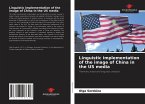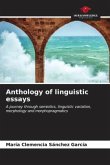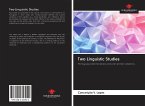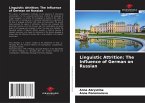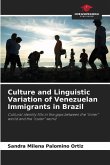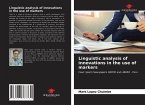The main norm-setting mechanism is fiction. National writers, having a heightened sense of language, create precedents for beautiful word usage. There is a desire to imitate them. The consolidation of the norm begins. The modern Russian literary language began to take shape in the Peter the Great epoch, when such problems as overcoming bilingualism (the Church Slavonic language was used for divine services and extensive literature, Russian was spoken in everyday life and did business; there were texts influenced by both of these languages) and mastering a large number of borrowings associated with the designation of new realities, with the development of the language of science and state construction. The next period of formation of the Russian literary language is called Lomonosov's language, noting the merits of M.V. Lomonosov in solving the problems just outlined. This is followed by the Karamzinsky stage, named after N.M. Karamzina, who sought to bring closer the oral and written language and overcome the heavy weight of the latter. Finally, a modern Russian literary language was formed under Pushkin's pen.
Hinweis: Dieser Artikel kann nur an eine deutsche Lieferadresse ausgeliefert werden.
Hinweis: Dieser Artikel kann nur an eine deutsche Lieferadresse ausgeliefert werden.


